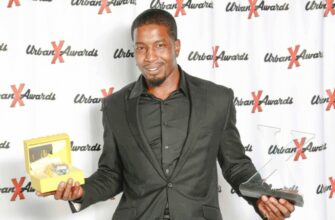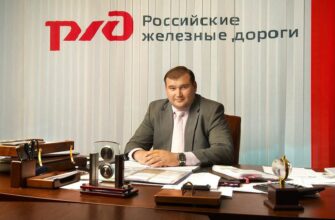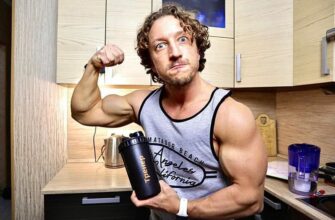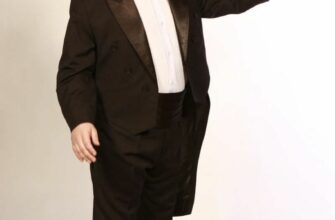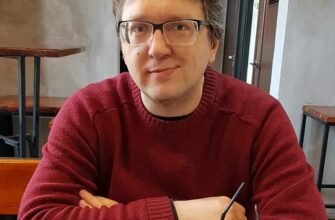Certainly, this is one of the most difficult ratings
The adult entertainment industry is littered with porn
Mysterious and completely hiding the details of his
Have there often been cases when a Russian man moved
At the beginning of June 2022, an extremely important
She was born into a Catholic family and brought up
There are so many sports trainers on the Internet and
Someone compares this talented Crimean with Paul Potts.
For twenty years now, this magic doctor has been helping



